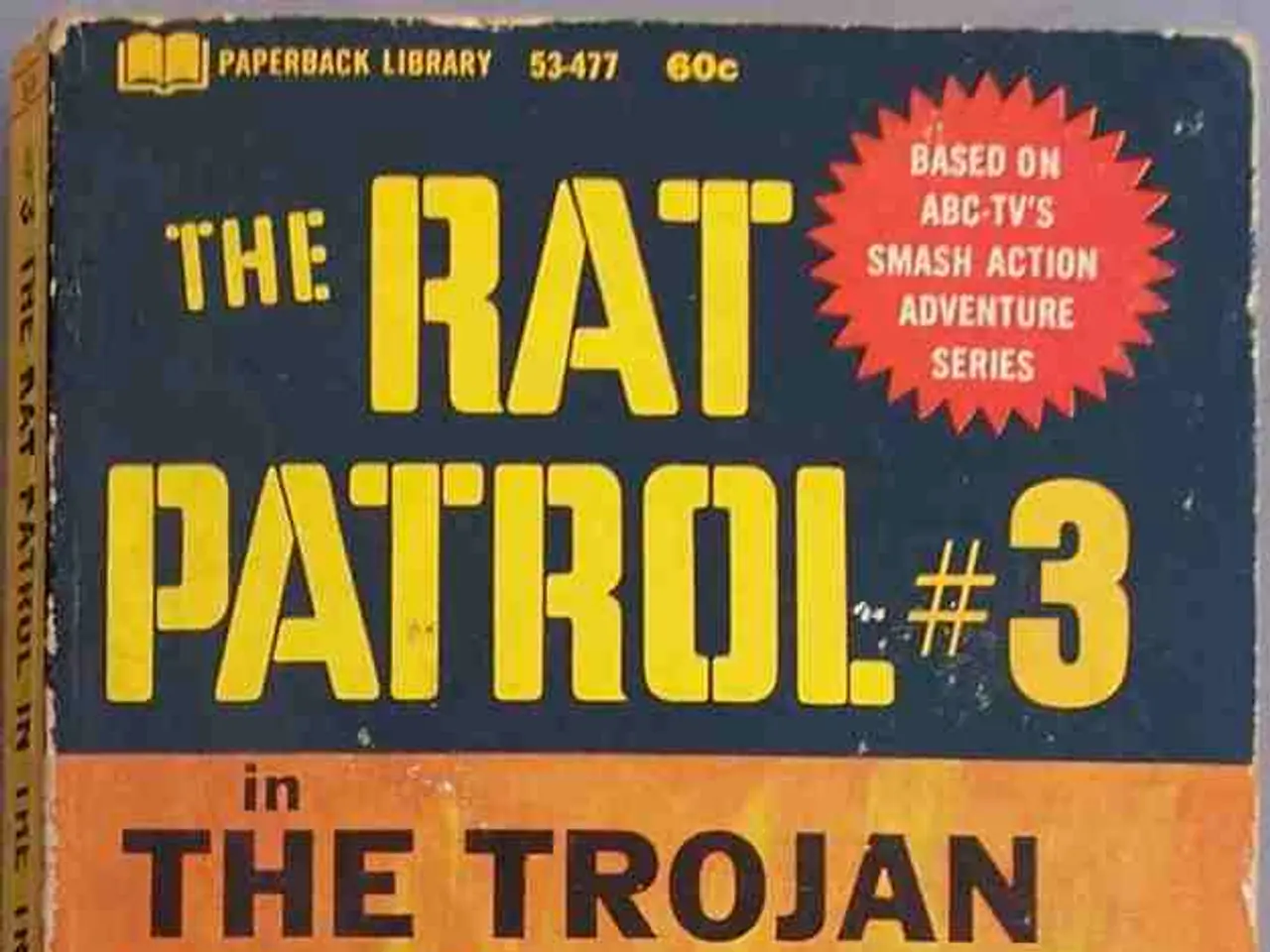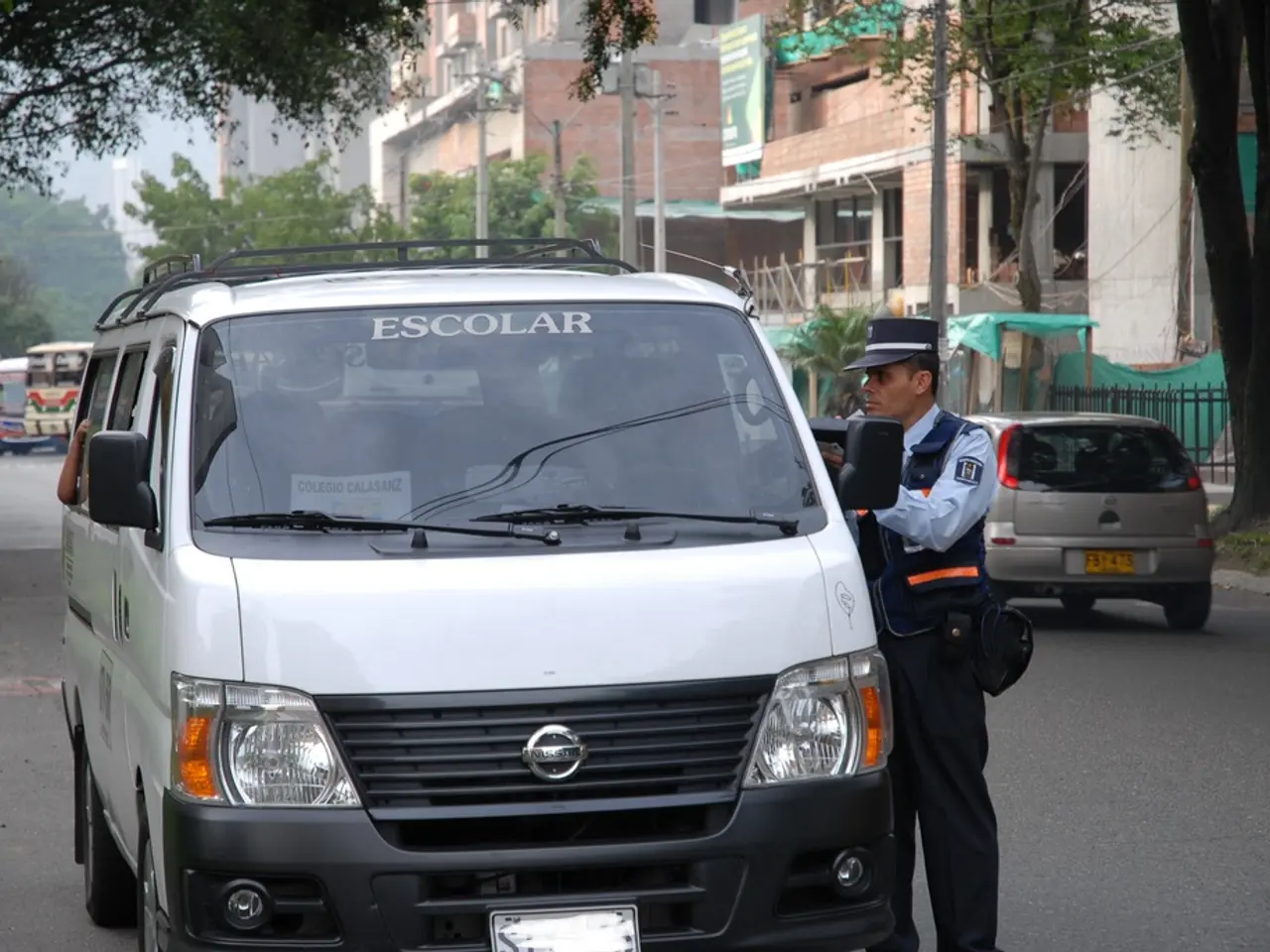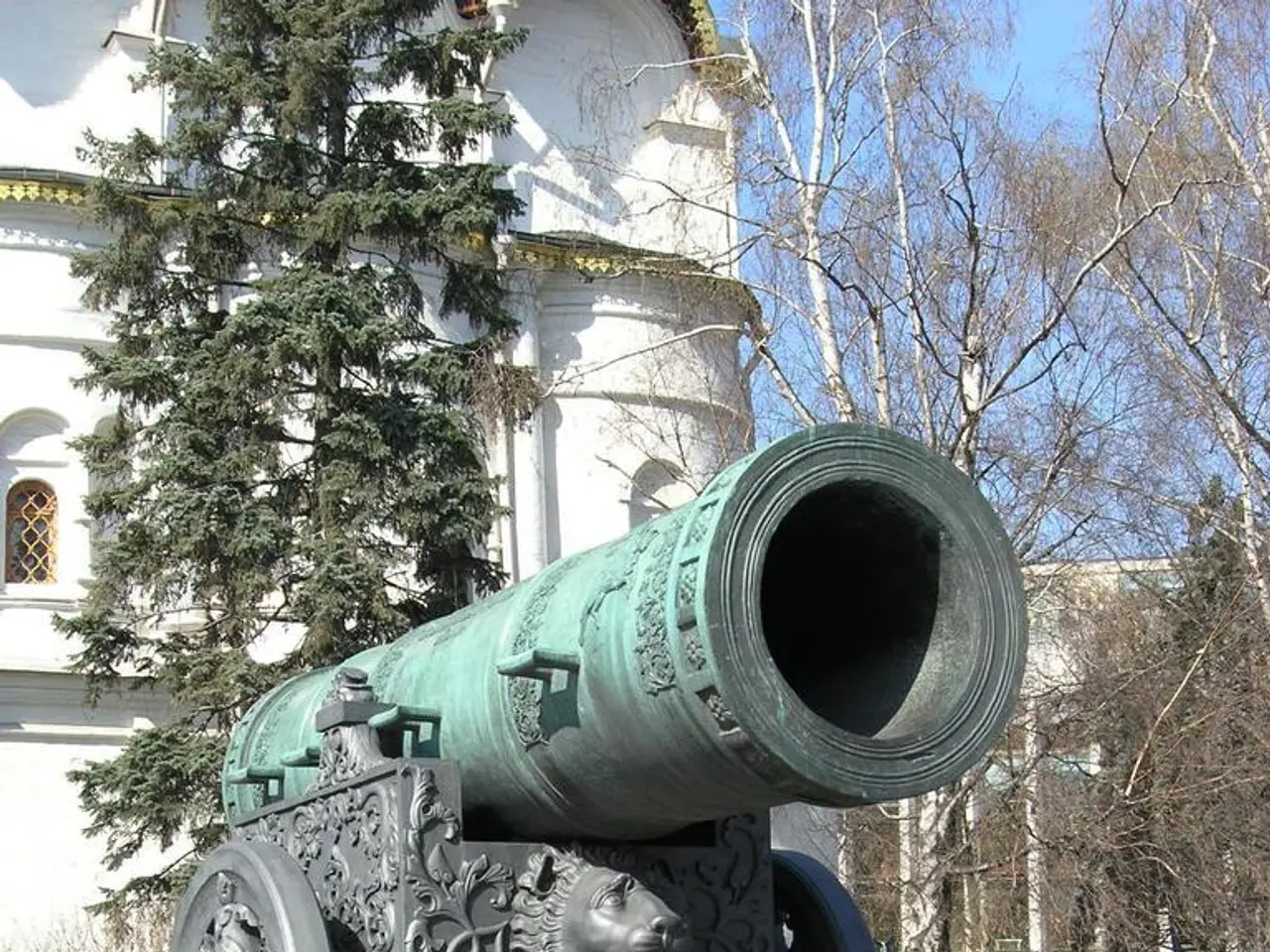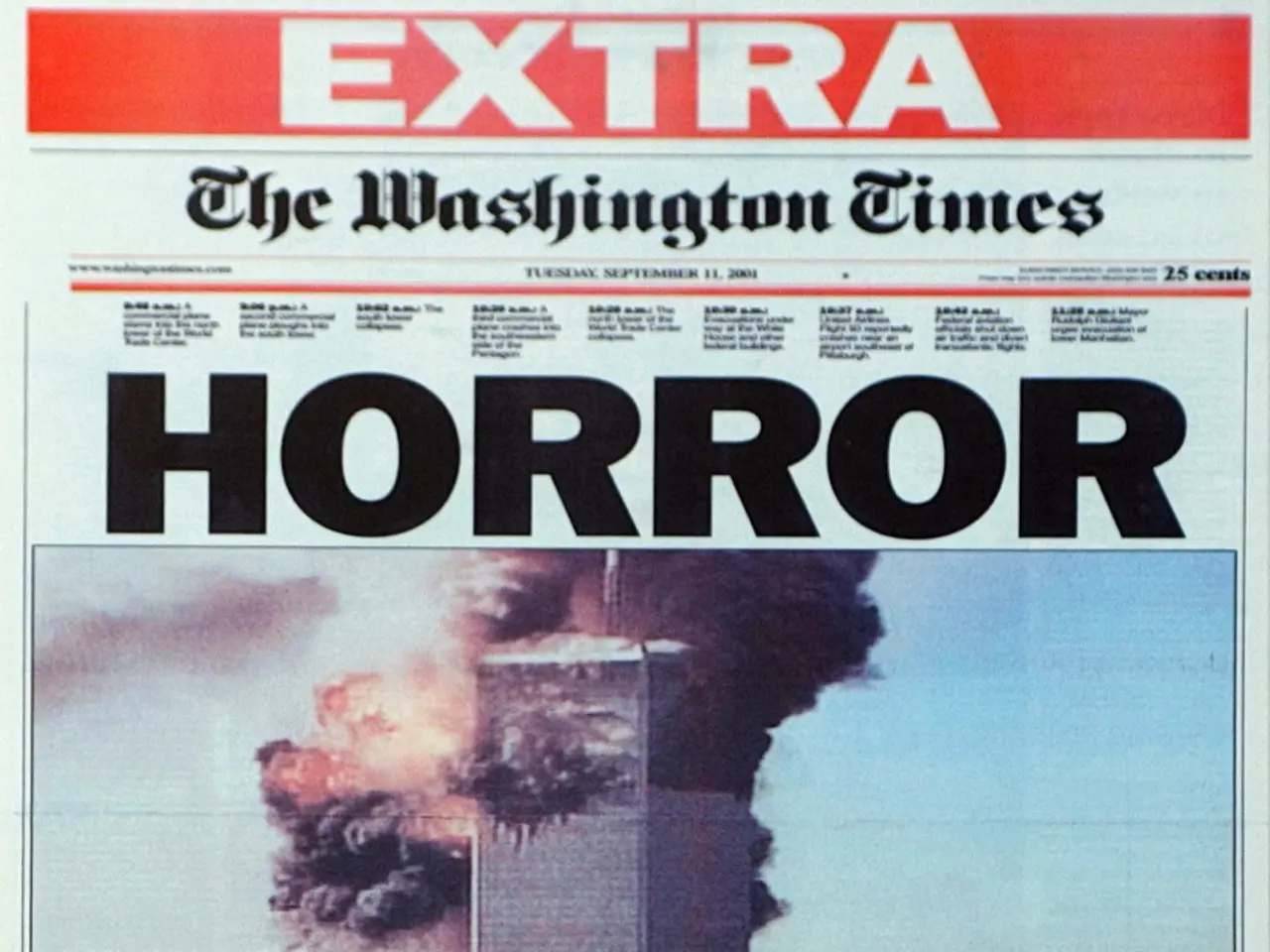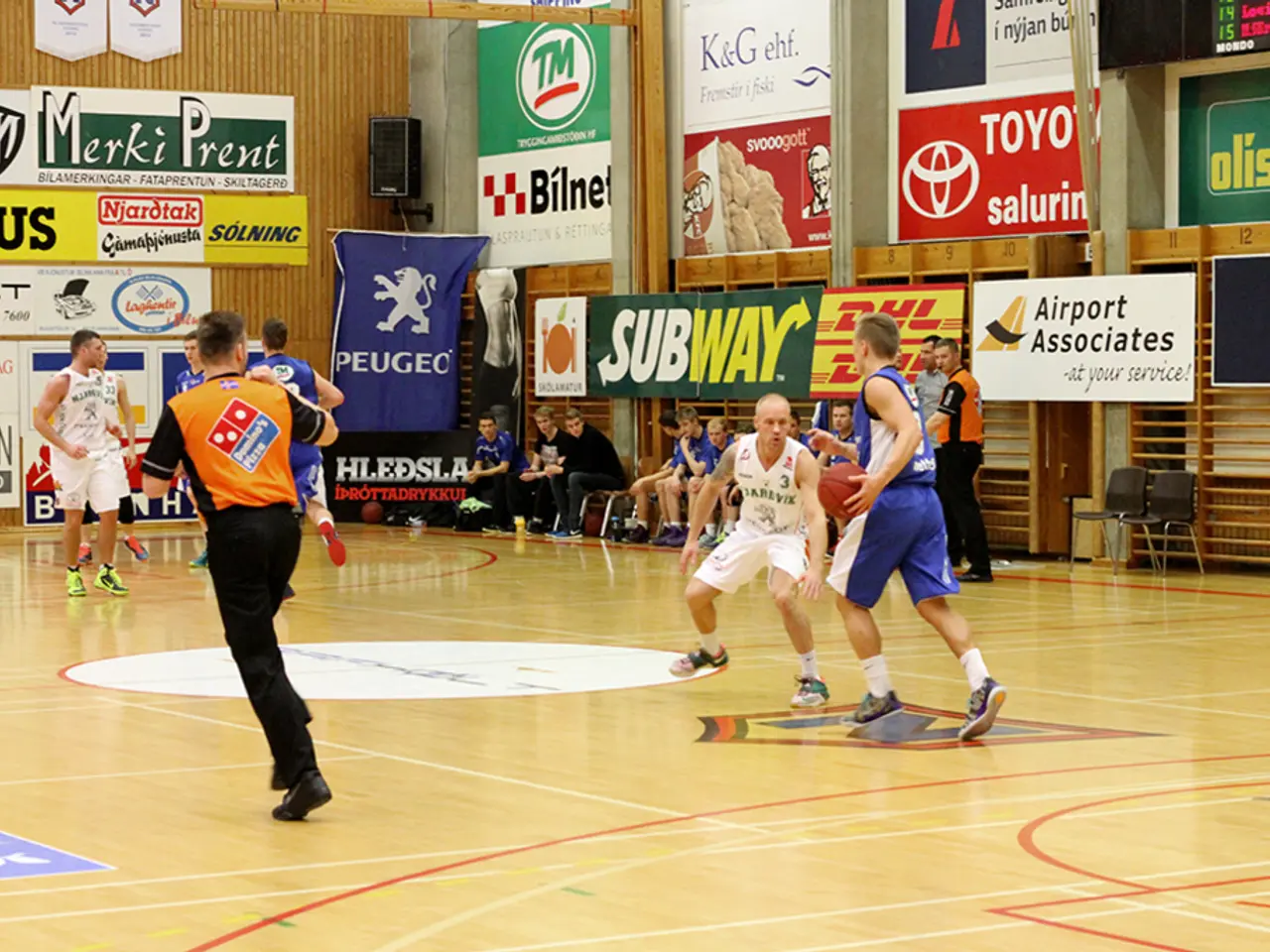"SPD Must Choose the Right Path" - Heil Confronts SPD's Divisive Foreign Policy Discourse
SPD Manifesto Involvement by Heil Unveiled
Get ready for the SPD's federal conference this Friday! The big topic on everyone's minds: the controversial manifesto for a different approach to foreign and defense policy. Hubertus Heil, SPD's new foreign policy aficionado, has already weighed in with a bold opinion piece in "stern."
"I value the many signatories of the so-called manifesto within the SPD," Heil writes, "but I must disagree with their stance."
Party Tensions Aflame before Conference
The manifesto tackles thorny issues such as Germany's stance on Russia's war against Ukraine and the plan for rearmament. Ralf Stegner and Rolf Mützenich, SPD members, are among its supporters. The manifesto advocates for diplomatic efforts and rebuilding relations with Russia, as well as seeking a joint European security order. However, it takes a clear stance against the policies championed by party leader Lars Klingbeil.
Brandt and Schmidt: Not Unaware Pacifists
According to Heil, Germany's rearmament is a necessary response to the double crisis: Russia's full invasion of Ukraine and Donald Trump's re-election as U.S. president. "European democracies can no longer rely on our most important ally outside Europe for security and freedom," Heil maintains.
Heil points out that the history of the SPD is a complex tapestry. “Chancellor Willy Brandt and Helmut Schmidt were not militarists, but neither were they naive pacifists who overlooked our country's security interests."
A Boiling Pot inside the Party
The debate over historical interpretation is particularly heated among elder members. Both Stegner and Mützenich often refer to historical chancellors and the SPD's Eastern Policy to justify their positions. Heil cautions the manifesto supporters not to engage naively with Russian leader Vladimir Putin. "We must engage with difficult regimes, but we cannot naively confront Putin's aggressive imperialism," Heil states.
SPD in Crisis - Jusos Distance Themselves from Manifesto
While supporters of the manifesto appear to be in the minority within the SPD, even the Jusos, traditionally left-leaning, do not back the manifesto. Philipp Türmer, Juso Chief, criticized the manifesto in a thorough interview with ntv.de, "The authors seem to have failed to grasp that we are not in a Cold War in Europe right now, but a hot war in Ukraine."
As the SPD gears up for its conference, the contest between different ideological viewpoints promises to be intense and divisive. Proponents of a more pacifist approach clash with those advocating for stronger defence and alliance with NATO. It remains to be seen which direction the SPD will turn.
- Hubertus Heil
- SPD
- Rolf Mützenich
- Ralf Stegner
- Lars Klingbeil
- Attack on Ukraine
- Russia
- German Defense Policy
Enrichment Data:The present turmoil within the Social Democratic Party of Germany (SPD) revolves around the party's stance towards Russia and overall defense policy, involving both the need for military rearmament and the handling of the ongoing crisis in Ukraine. The SPD's foreign and defense policy context has witnessed a paradigm shift, with increased military spending and deployments in response to Russia's full-scale invasion of Ukraine, as well as increased defense coordination with NATO.
However, the recently surfaced manifesto advocating a "strategy of de-escalation" by some former SPD leaders has sparked divisive debate within the party, criticized for potentially masking continued aggressive stances towards Russia. As the SPD grapples with balancing its historical pacifist and social democratic ideals with current-day security realities, internal tensions and external criticisms continue to mount.
- The internal conflict in the SPD, brought about by differing views on foreign and defense policy, is highlighted by the recent manifesto supporting diplomatic efforts with Russia and a joint European security order, a stance that appears to conflict with party leader Lars Klingbeil's positions.
- In his opinion piece, SPD's foreign policy advocate Hubertus Heil draws parallels between the SPD's historical leaders Willy Brandt and Helmut Schmidt, arguing that they were not naive pacifists but instead considered the country's security interests while pursuing diplomatic efforts, a stance reminiscent of Heil's own views on the current crisis.
